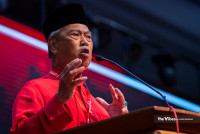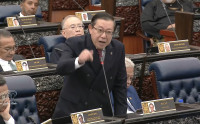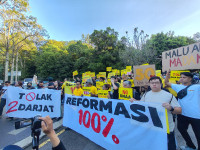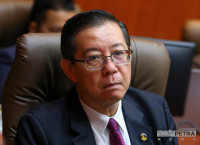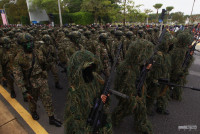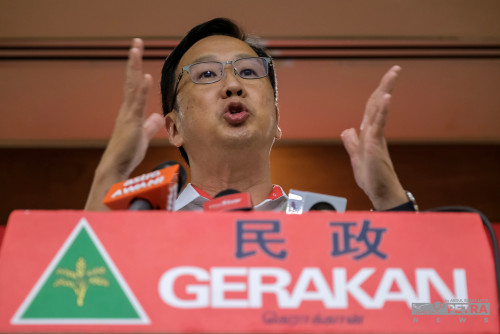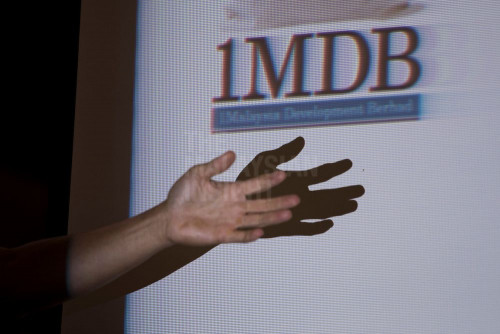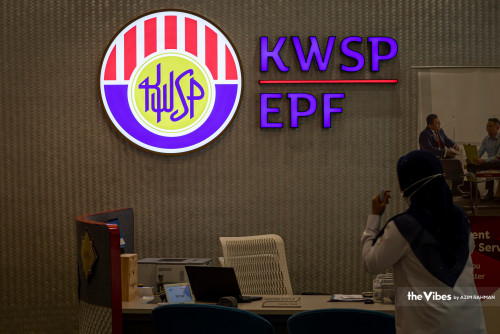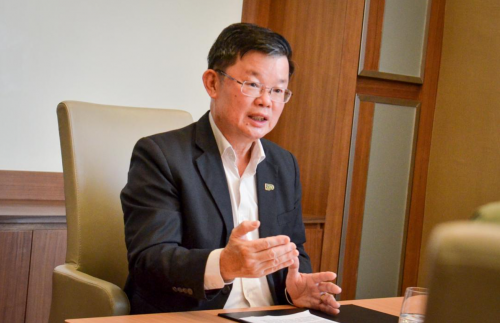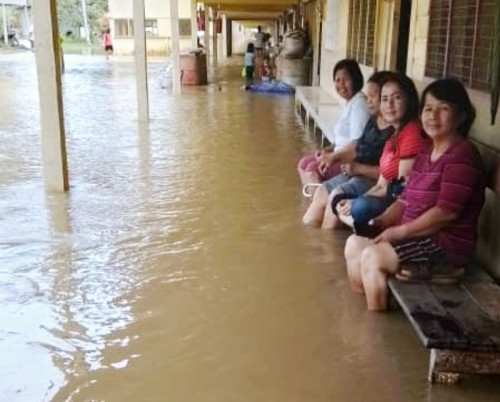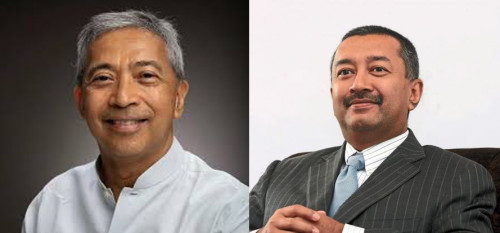
A CARETAKER government is described as an interim government that may be established by the Yang di-Pertuan Agong in two situations.
First of these is when the ruling government is defeated by a motion of no confidence, wherein the reigning prime minister no longer has the confidence of the majority of MPs, or when Parliament is dissolved and until elections are held for a new prime minister and his cabinet.
The caretaker government, as practised in Malaysia, is usually the incumbent government which continues to function until a new prime minister is appointed or a new government is formed after elections.
Does the federal constitution provide for a caretaker government?
The federal constitution does not have a specific provision for a caretaker government and it would appear that there is no specific law for its formation. The only provisions that seems to suggest a caretaker government may be formed are by virtue of Article 43(1) of the federal constitution, which states that the Agong is to appoint a cabinet to advise His Majesty in carrying out his functions under the constitution, and Article 43(2) of the federal constitution, in which Article 43(2)(b) pertinently states:
“…but if an appointment is made while Parliament is dissolved, a person who was a member of the last House of Representatives may be appointed but shall not continue to hold office after the beginning of the next session of Parliament unless if he has been appointed prime minister, he is a member of the new House of Representatives, and in any other case he is a member either of that House or of the Senate.”
This power to appoint a caretaker government under Article 43(2) of the federal constitution was recognised in the Federal Court case of Abdul Ghani Ali @ Ahmad & Ors v Public Prosecutor 2001, where the apex court was of the view that pursuant to Article 43(1) of the federal constitution, it is mandatory that there has to be a cabinet at all times and that the Agong cannot dispense with the cabinet at any point in time even when Parliament has been dissolved. In this regard, the Federal Court had held that a caretaker government can exist under the Malaysian constitution.
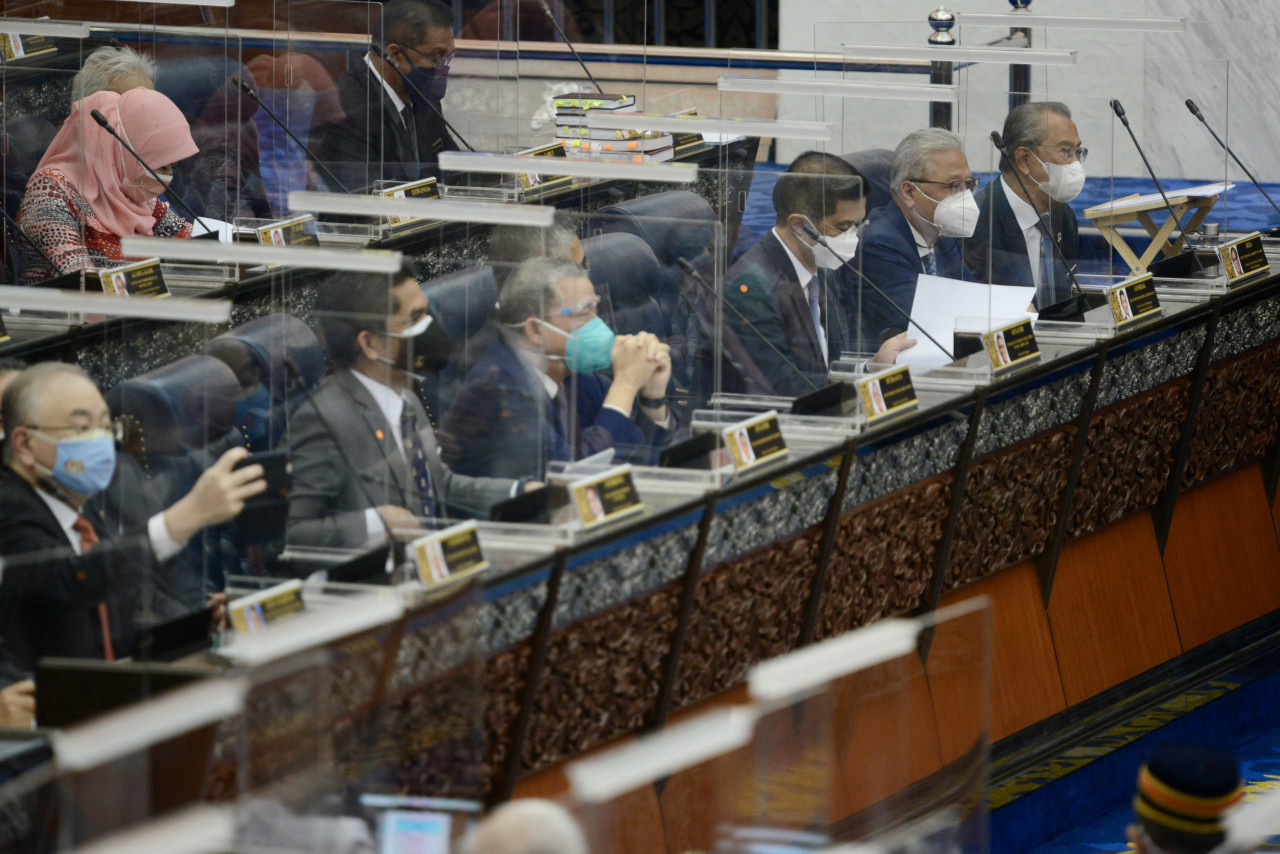
What are the powers of a caretaker government?
By convention, the role and functions of a caretaker government are merely to ensure a functioning government for the well-being of the rakyat. They are not allowed to make any major policy decisions, including long-term policies, entering major and significant projects, incurring significant expenditure, making controversial decisions, and significant appointments involving government officials.
Is there a time limit imposed on a caretaker government?
A caretaker government will continue to function without any limitation of time and continues to operate until either a new prime minister is appointed under Article 43(2) of the federal constitution, where he or she commands the confidence of the majority of members of the House of Representatives, or a general election is held and a new government is formed in accordance with Article 43 of the federal constitution.
Can an emergency be declared during the term of a caretaker government?
During the term of a caretaker government, the constitution is still in force. The king on the advice of a caretaker prime minister has personal discretion to proclaim an emergency under Article 150(1) of the federal constitution, but only if His Majesty is satisfied that a grave emergency exists that threatens economic life or public order.
In this sense, an emergency cannot be declared on unrestricted discretion. The Federal Court in the case of Abdul Ghani Ali @ Ahmad & Ors v Public Prosecutor 2001 had recognised the power to proclaim an emergency during the pendency of a caretaker government when the apex court said:
“…a caretaker government can exist under our constitution and, in fact, did exist on 15 May 1969. In the circumstances, the 15 May 1969 proclamation of emergency could not be unconstitutional and invalid.” – The Vibes, August 17, 2021
Datuk Seri Rajan Navaratnam is a senior lawyer



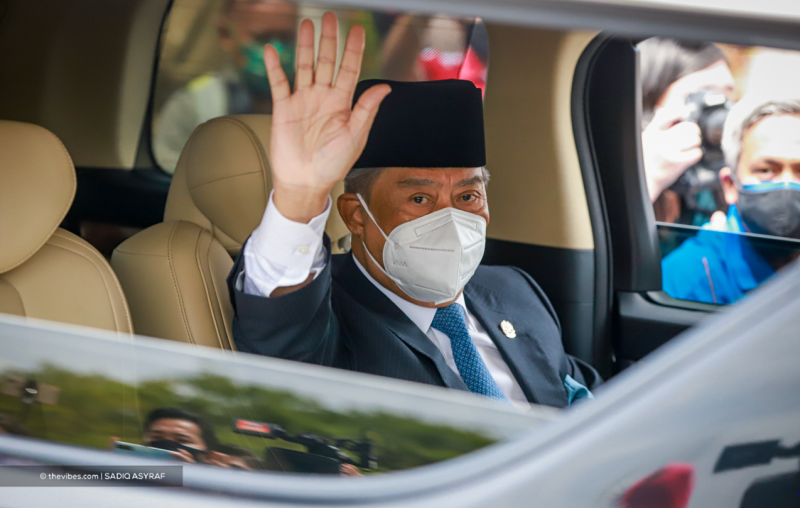
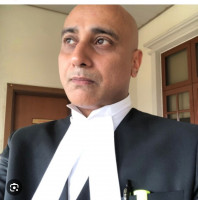
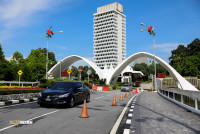
.jpg)
